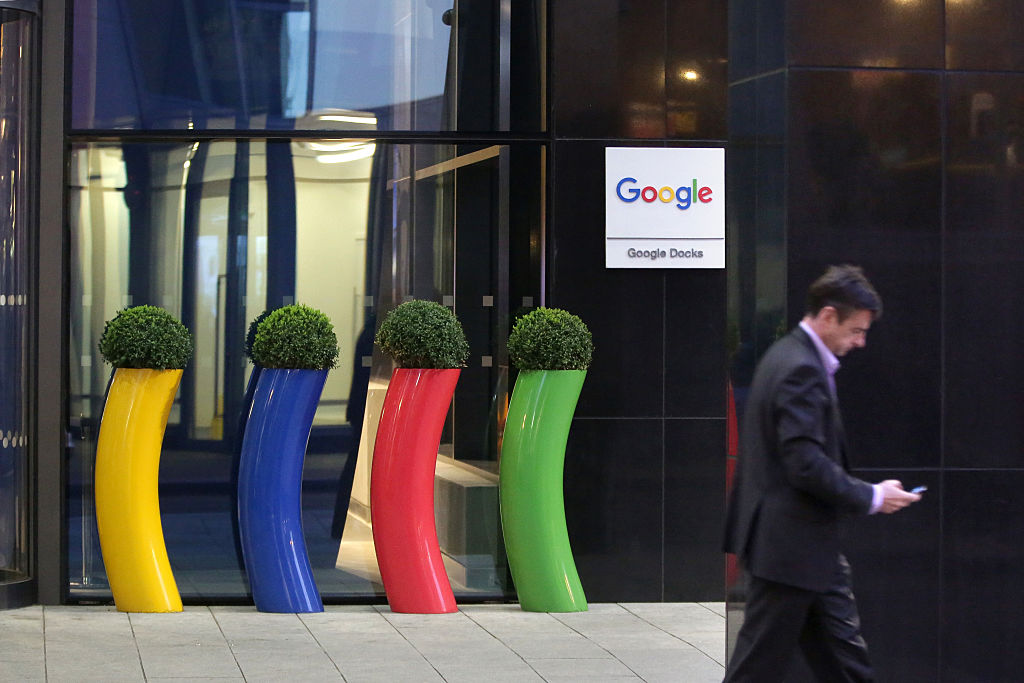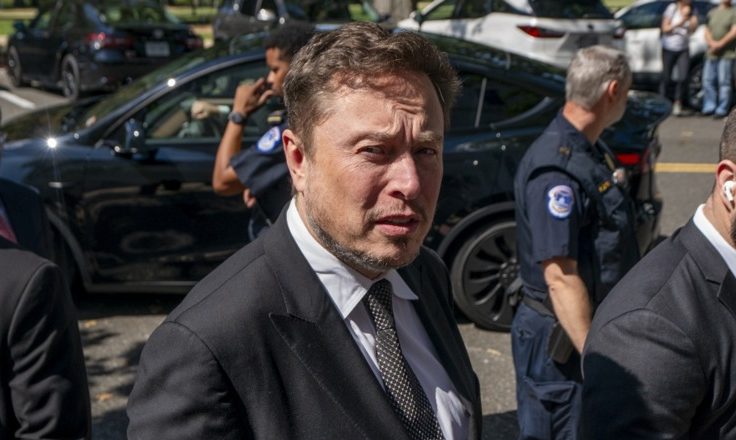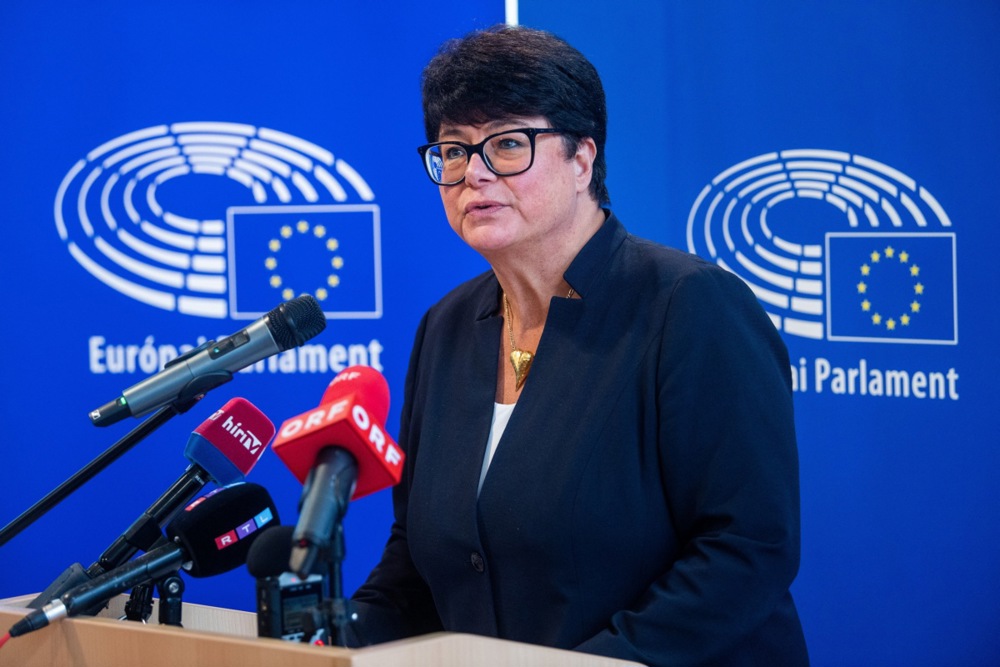Amazon becomes the latest big tech company hit by the EU Digital Services Act, with the Commission announcing a preliminary investigation into the online retailer on November 15.
The Digital Services Act (DSA) gives Brussels far-reaching powers to compel tech firms to regulate “illegal” content, including disinformation and hate speech, while restricting targeted advertisement, especially directed at children.
For most tech firms, the DSA comes into effect from the start of 2024. In April, the Commission released a list of 19 “Very Large Online Platforms” (VLOPs)–including Amazon, Instagram, and Facebook–that need to comply with the DSA earlier, from 25 August 2023.
The Commission now demands Amazon hand over information on its efforts to “protect consumers online” from “the dissemination of illegal products”.
It also requests Amazon provide evidence of its work to comply with EU competition rules on so-called “recommender systems”, or algorithms that recommend additional products to consumers based on criteria including their past purchases and search history.
Amazon needs to deliver the information to the Commission by 6 December. Afterwards, the Commission will decide whether or not to begin a formal investigation into the US e-commerce company.
If it hands “incorrect, incomplete, or misleading information”, it will face “periodic penalty payments”, the Commission added.
Big Tech bosses can “no longer hide” from the European Union’s censorship drive, said European Commissioner for Internal Market Thierry Breton. https://t.co/n5zmn07Prs
— Brussels Signal (@brusselssignal) October 17, 2023
This follows similar moves against social media platforms in recent months. Elon Musk’s X has been a frequent target.
All of the firms the Commission has begun preliminary investigations into so far are VLOPs, a classification which comes with legal obligations including censoring “disinformation” and “illegal content”.
The additional obligations are sufficiently steep to push a number of companies — including Amazon — to challenge the Commission’s decision to classify them as a VLOP.
Amazon argues the EC’s decision to call it a VLOP is “based on a discriminatory criterion and disproportionately violates the principle of equal treatment and the applicant’s fundamental rights”.
“We agree with the EC’s objective and are committed to protecting customers from illegal products and content,” Amazon says.
“But Amazon doesn’t fit this description of a ‘Very Large Online Platform’ under the DSA and therefore should not be designated as such”, it adds.
X owner @elonmusk has denied reports that the platform may end up leaving the European Union market over the bloc’s censorious Digital Services Act. https://t.co/vfEEZEfLHr
— Brussels Signal (@brusselssignal) October 19, 2023





